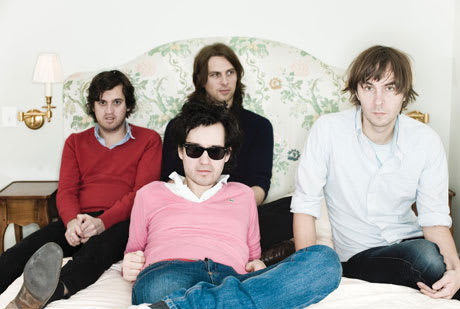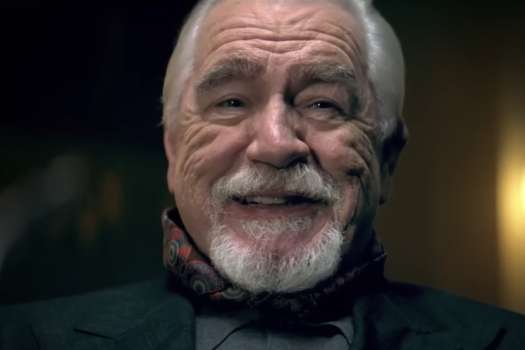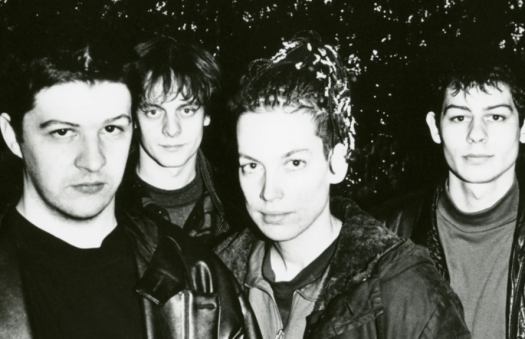Phoenix have always been the Parisian underdogs amongst peers like Air and Daft Punk, but four albums in the pop group have finally found the record that should raise them to that level. Following 2006's more rock-focused It's Never Been Like That, the band have jumped back into the studio with Philippe Zdar (of French house duo Cassius), who assisted on their debut, United. The reunion works wonders on the cheekily named Wolfgang Amadeus Phoenix, as they keep the guitars heavy in the foreground, yet there's a greater focus on tightening up the punchy rhythms and bringing back some of the synthesizers that made them more than just France's leading indie rockers. Always a louder, looser band on stage, Phoenix have also undergone some studio refinery with the aid of Zdar, which helps demonstrate their passion as pop perfectionists, The results are two of their best songs ever ("Listzomania" and "1901") and a solid supporting cast that never falls apart, although it certainly tries with the two-part "Love Like A Sunset," a most instrumental dividing line that scratches their prog and soft rock itch. A meticulous, melodious and modern album number four demonstrates the genius these Frenchmen are blessed with.
You've been around for ten years now but I always felt Phoenix deserved to be bigger.
Vocalist Thomas Mars: It feels like we've been kept a secret. I think every time we do a new record it's like we start from scratch, like a new band.
I've always considered the band "pop perfectionists." Are you?
Yes, I think we are, but I think you can be perfectionists and spontaneous at the same time. I think we are perfectionists, in the way that we won't put out a record that we think isn't good enough.
Tell me about "Love Like A Sunset." Why did you put it in the middle of the album?
It was an important song for us because it was the first one we started and the last one we finished. Until the end it was a song that didn't look like a song, but when we finished it that song was the real investment for us. It was our extreme influences put together, so we felt that it [wasn't] the beginning or end. We wanted it to have a special spot. When we did the tracklisting we thought about the vinyl, with the A-side and B-side and how all of the singles are in the middle of the A-side, so that's another reason why.
(Glassnote/Universal)You've been around for ten years now but I always felt Phoenix deserved to be bigger.
Vocalist Thomas Mars: It feels like we've been kept a secret. I think every time we do a new record it's like we start from scratch, like a new band.
I've always considered the band "pop perfectionists." Are you?
Yes, I think we are, but I think you can be perfectionists and spontaneous at the same time. I think we are perfectionists, in the way that we won't put out a record that we think isn't good enough.
Tell me about "Love Like A Sunset." Why did you put it in the middle of the album?
It was an important song for us because it was the first one we started and the last one we finished. Until the end it was a song that didn't look like a song, but when we finished it that song was the real investment for us. It was our extreme influences put together, so we felt that it [wasn't] the beginning or end. We wanted it to have a special spot. When we did the tracklisting we thought about the vinyl, with the A-side and B-side and how all of the singles are in the middle of the A-side, so that's another reason why.




